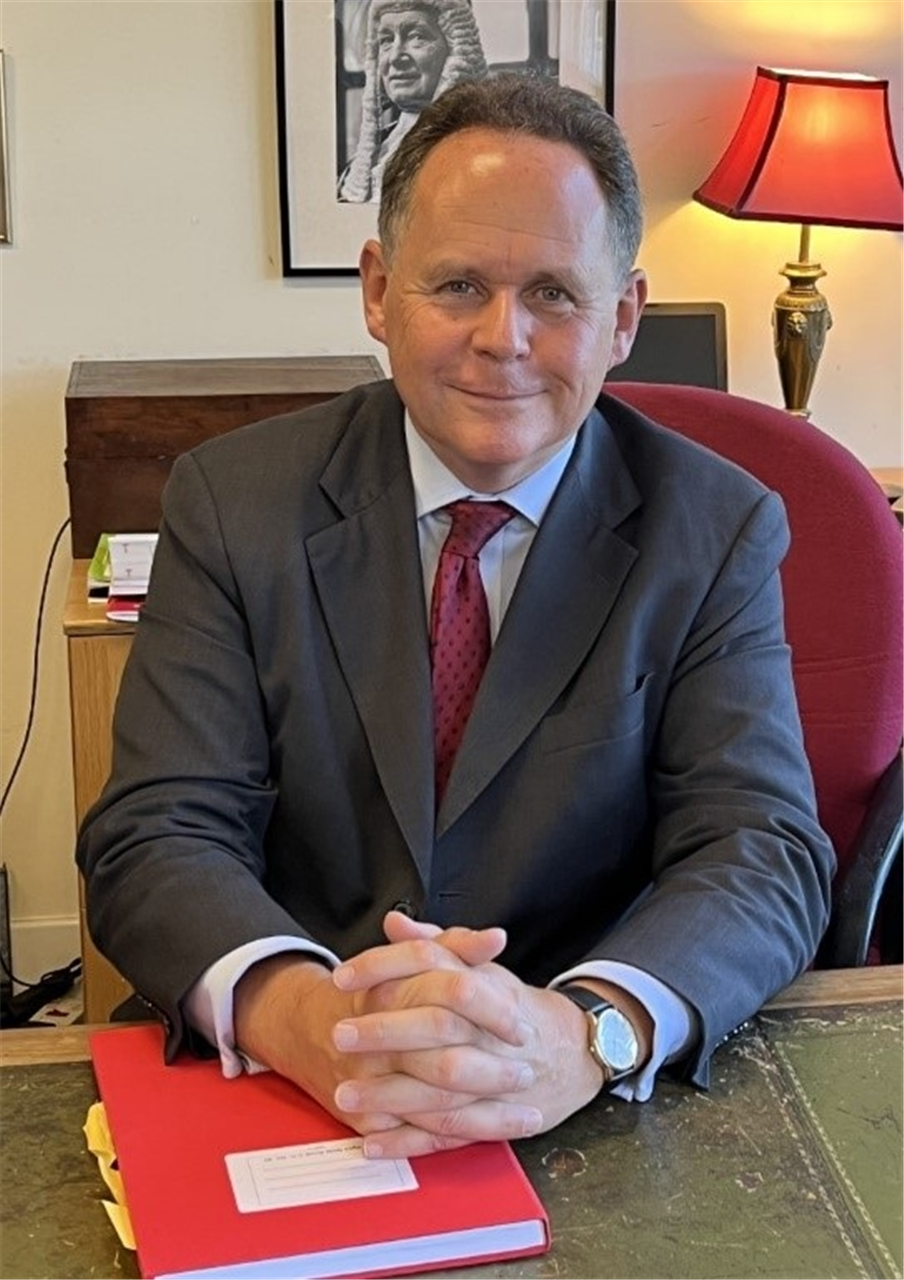
Chair's Column (Spring 2024)
Published: 13/03/2024 07:00

The Financial Remedies Journal now enters its third year, and this edition is fizzing with interesting comments and ideas.
Transparency and the FRC Pilot
One of the issues of the moment for family lawyers is the extent to which the press should be able to identify in public the names of parties involved in financial remedies disputes and make public otherwise private information. The analysis in the Final Report of the Financial Remedies Sub-Group of the Transparency Implementation Group published in May 2023 showed that a strong 75% of those responding, a good cross section of interested people, thought that parties should be able to retain their anonymity, and the recommendations of that report, including in relation to anonymity, have found their way into the Transparency Reporting Pilot for Financial Remedy Proceedings issued by the President in December 2023, which formally commenced in London, Birmingham and Leeds on 29 January 2024. Yet there is an alternative view of this, which is articulated by Sir James Munby in his forceful contribution to this edition of the FRJ, ‘Groundhog Day Again: A Response to the Transparency Reporting Pilot for Financial Remedy Proceedings’. Sir James comments favourably on Peel J’s words in Tsvetkov v Khayrova [2023] EWFC 130 where he said: ‘All that said, whether the starting point is as per the long established practice (i.e. non reportability unless the judge orders otherwise) or as per the thesis of Mostyn J (ability to report unless prohibited by the court), if the court is considering whether to permit or prohibit (as the case may be) reporting, it will need to carry out the Re S balancing exercise’; but (despite this) Sir James concludes: ‘I end by asking, as I must, why the Guidance – so admirable in other ways – seemingly embraces what I worry will in reality prove to be wholesale, routine, near-automatic anonymity.’ Those interested in this subject will no doubt continue to watch the debate as it develops through the pilot. All of the above documents are available to read, all free of charge, on the FRJ website.
Legal costs
There are all too many recent judicial pronouncements on the issue of parties incurring scandalously high costs in financial remedies proceedings. As Mostyn J said in Xanthopoulos: ‘In my opinion the Lord Chancellor should consider whether statutory measures could be introduced which limit the scale and rate of costs run up in these cases. Alternatively, the matter should be considered further by the Family Procedure Rule Committee. Either way, steps must be taken.’ In the FRJ interview with Sir Matthew Thorpe, at [2023] 1 FRJ 72, he said on the subject of costs: ‘I think they’re totally shocking. You know Margaret Booth, a very long time ago … said this is a scandal … And everybody’s had a go since. James Munby fulminated about it and didn’t make any difference. Nicholas Mostyn has now said the government should do something about it. And actually I rather agree, but I think the problem is that those on the bench who try and make the case they’re all poachers turned gamekeeper … It seems to be an ill for which there is no cure.’ I therefore commend ‘Costs’ by Joe Rainer in this edition of the FRJ as a carefully thought through proposal for trying to tackle this problem – for once an answer promoted by a poacher rather than a gamekeeper!
QLRs
For many years we awaited government action on the very difficult area of the cross-examination in court by one litigant-in-person of another litigant-in-person where domestic abuse issues arise in financial remedies proceedings. The invention of the ‘Qualified Legal Representative’ (QLR) was the government’s answer to this problem. The judgment by Recorder Taylor in AXA v BYB (QLR Financial Remedies) [2023] EWFC 251 (B) is essential reading for anybody wishing to understand how the QLR process works. The judgment is now followed by the excellent article in this edition by Adrian Barnett-Thoung-Holland and Alice Thornton, ‘Qualified Legal Representatives in Financial Remedy Proceedings’. Absent some governmental change of direction on legal aid (which seems unlikely) it may be that QLRs are the least bad option available for dealing with this problem, but that the system comes with some significant problems attached is very apparent from a reading of this article. Not the least of the problems, of course, is finding counsel willing to perform the task for the money on offer.
FRC valete
In this edition the financial remedies world says farewell to Hilary Woodward, the extremely patient and hard-working force behind the Pension Advisory Group – both PAG1 and PAG2. After nearly a decade of both inspiring and coordinating the entirely necessary and successful campaign to persuade divorcing couples to share their pension funds fairly and properly, Hilary has now elected to spend more time with her own pension (not to mention her husband, grandchildren, tennis racquet, Tai Chi activities and garden). I would wish to draw attention to the farewell interview with her in this edition and to thank her hugely and affectionately for the tremendous job she has done and wish her well for the future. As she would entirely acknowledge, there is more work to be done in this area (any doubts about this can be dispelled by studying ‘Fair Shares and the Financial Reality of the “Everyday” Divorce’ by Professor Emma Hitchings, Caroline Bryson and Professor Gillian Douglas in this edition). Hilary’s retirement, of course, leaves a gap for an aspirant coordinator of PAG3 – but for those who have toiled for more than a few years on PAG1 and 2, maybe not very soon!








